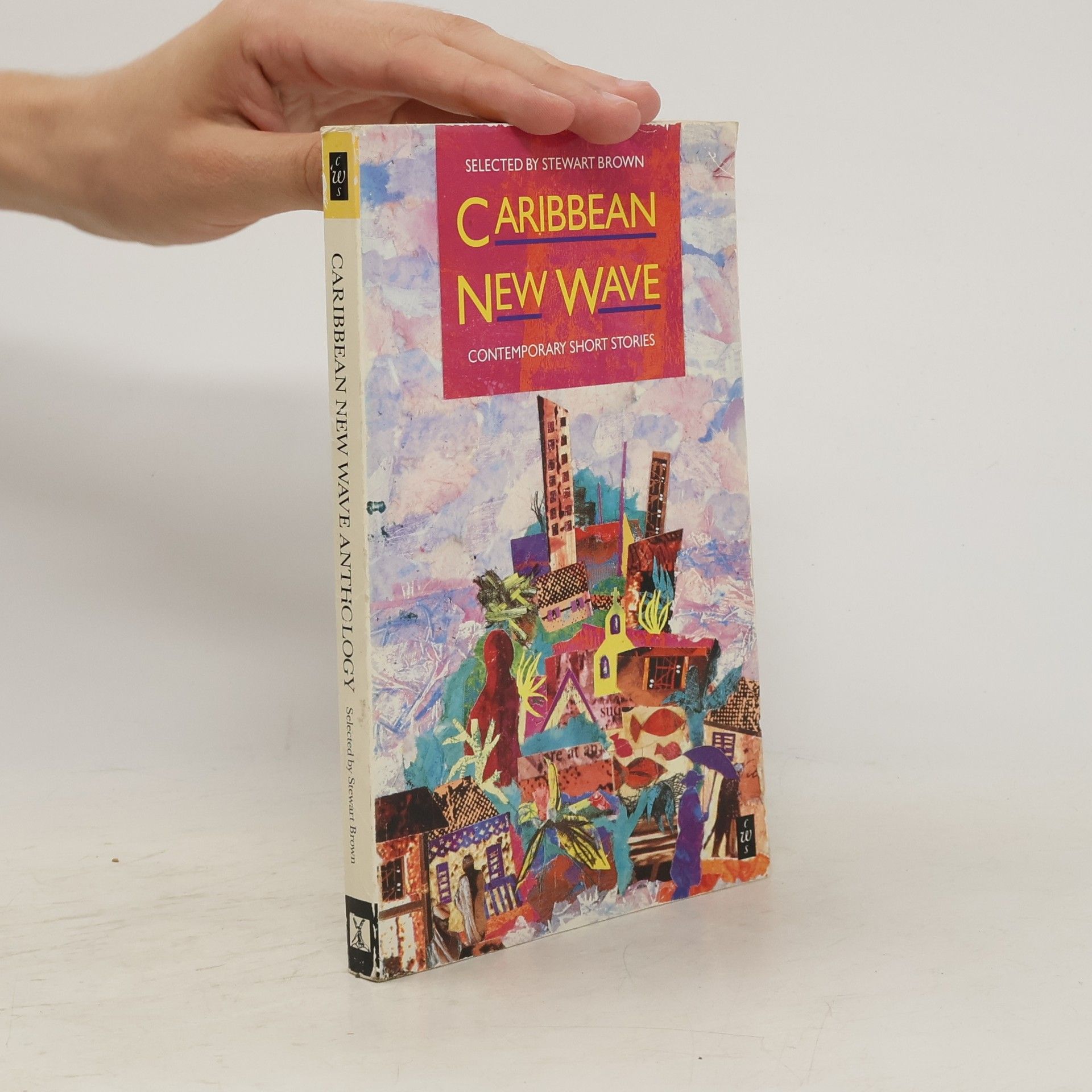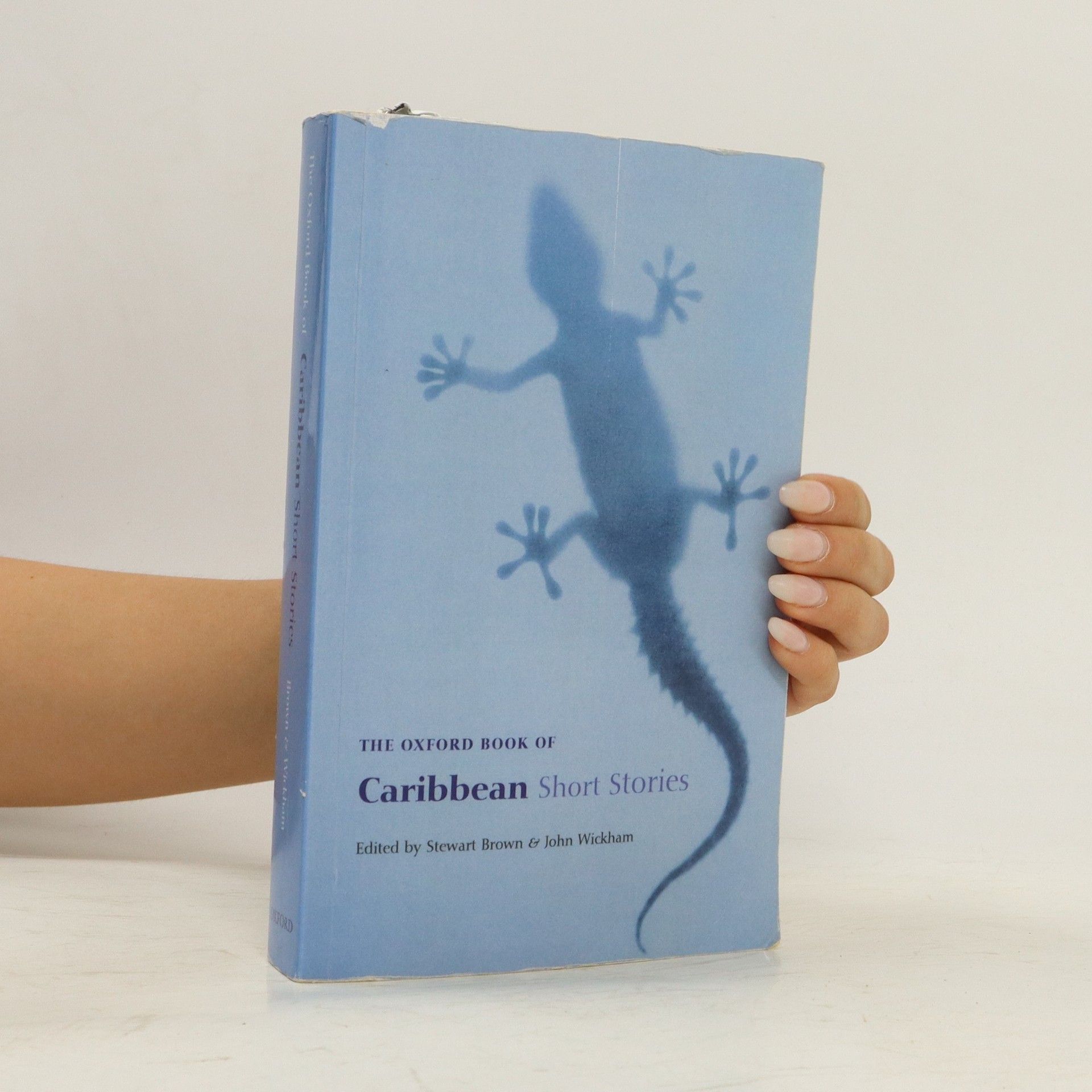W. T. Stead
- 256 Seiten
- 9 Lesestunden
A compelling biography of W. T. Stead (1849-1912)-a newspaper editor, author, social reformer, advocate for women rights, peace campaigner, spiritualist, and one of the best-known public figures in the late Victorian and Edwardian Britain.


